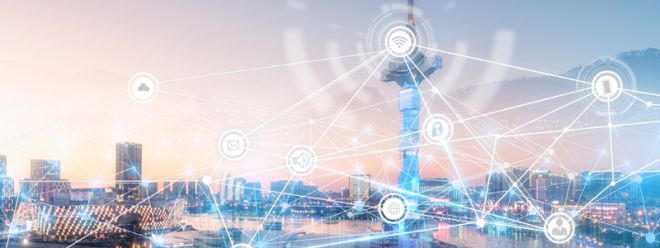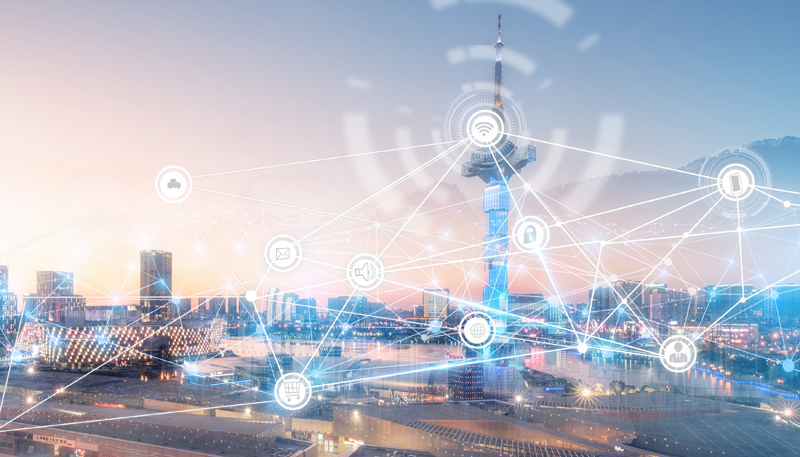The role of 5G in shaping the future of smart cities

The role of 5G in shaping the future of smart cities

The emergence of 5G technology will completely change the way we live, work and interact with the environment. This next-generation wireless technology promises faster speeds, lower latency, and the ability to connect more devices at once. As we stand on the brink of this technological revolution, the impact of 5G on the development of smart cities is worth exploring.
Smart cities, characterized by the use of digital technologies to improve the quality of life of citizens, are not a new concept. However, the introduction of 5G technology will accelerate their development and significantly enhance their capabilities. The high-speed, low-latency nature of 5G is expected to enable new levels of real-time data processing and communication between devices, paving the way for more efficient and responsive city services.
One of the most significant ways in which 5G is expected to impact smart cities is through the enhancement of the Internet of Things (IoT). The Internet of Things refers to the network of physical devices connected to the Internet and is a key component of smart city infrastructure. With 5G, the Internet of Things will be able to support more connected devices, allowing for more comprehensive data collection and analysis. This could lead to improvements in a wide range of city services, from traffic management to waste disposal.
For example, 5G could enable real-time traffic monitoring and management, reducing congestion and improving road safety. Sensors embedded in roads and vehicles can communicate with each other in real time, providing drivers with up-to-date information on traffic conditions and potential hazards. Likewise, 5G could enhance waste management services by enabling smart bins that notify city services when they are full, reducing the need for regular collection programs and increasing efficiency.
Beyond these practical applications, 5G is expected to play a vital role in shaping the future of urban living. The high-speed, reliable connections provided by 5G could usher in a new era of remote working and learning, reducing the need for physical commuting and potentially reshaping urban landscapes. Additionally, 5G could facilitate the development of smart buildings, using sensors and automation to optimize energy use, potentially reducing a city's carbon footprint.
However, the transition to 5G and the development of smart cities also pose major challenges. These include the need for substantial investment in infrastructure, concerns about data privacy and security, and the risk of deepening the digital divide. Therefore, policymakers, technology companies, and city planners must work together to address these issues and ensure that the benefits of 5G and smart cities are available to all.
In short, the emergence of 5G technology will have a profound impact on the development of smart cities. By enabling faster, more reliable connections and enhancing the capabilities of the Internet of Things, 5G promises to improve city services, reshape urban life and potentially reduce the environmental impact of cities. However, realizing these benefits requires careful planning and collaboration to overcome the challenges associated with this technological revolution. As we stand on the brink of this new era, it's clear that 5G has the potential to shape the future of our cities in ways we've only just begun to imagine.